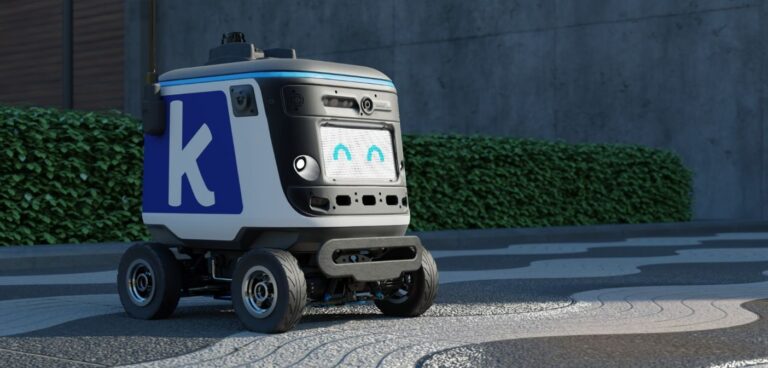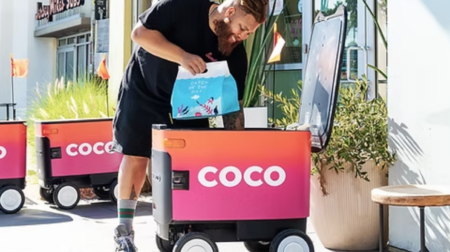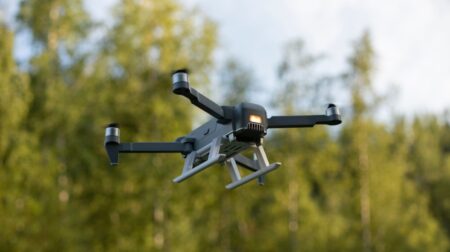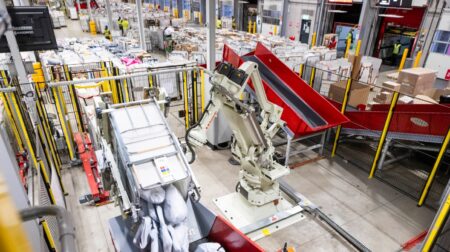Kiwibot, a robotic last-mile delivery service, has raised US$10m (£8.3m) through a financing partnership with asset financing group Kineo Finance to scale its autonomous robot delivery service.
The ‘tailor-made’ partnership is intended to support Kiwibot with its manufacturing and scaling needs and grow its robotic fleet.
Kiwbot has said removing financial obstacles will support its growth in the delivery-as-a-service (DaaS) industry.
The last-mile firm’s service is currently available through apps like Grubhub and Sodexo’s Everyday. Its robots complete deliveries by using GPS technology, advanced camera sensors and artificial intelligence (AI).
This, Kiwibot claims, means they can generate optimal routes, avoid obstacles and provide a cost-effective service that can reportedly cut food delivery costs by up to 65%.
“This partnership will take our operations to the next level: We’ll be closer to becoming the standard solution for smart cities that leverage sustainable technology to enhance people’s quality of life,” said Felipe Chávez, CEO and co-founder of Kiwibot.
“We’re pleased to be backed by companies who believe in building accessible and convenient robotics services. We envision a world where technology, logistics, and delivery are available for everyone. Kiwibot’s near future looks bright, and we are ready to offer our exceptional delivery services globally.”
The partnership marks Kineo’s first project in the DaaS industry, with the company currently working with a portfolio of high-tech companies from the medical, logistics, and Internet of Things (IoT) sectors.
“Kiwibot’s solution is in high demand in the US and has become indispensable for people leading fast-paced lives,” said Charles Sellman, president at Kineo Finance.
“This partnership is the financial push they need to propel their startup into wider markets. At Kineo, our goal is to encourage automation and digitalisation initiatives in various industries to drive the adoption of high-tech companies’ equipment. Kiwibot’s growth in the DaaS sector meant it was a logical choice for us to support its robotic deliveries helping businesses today—and for the future.”








